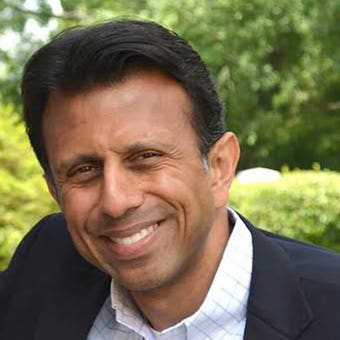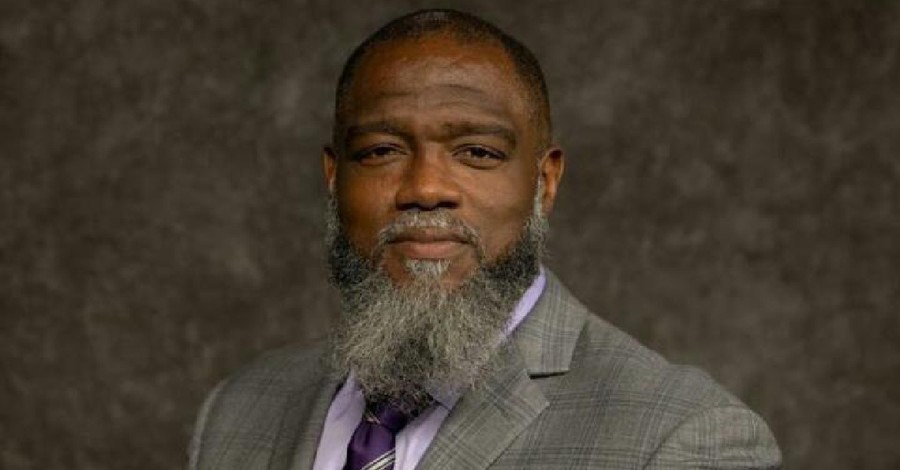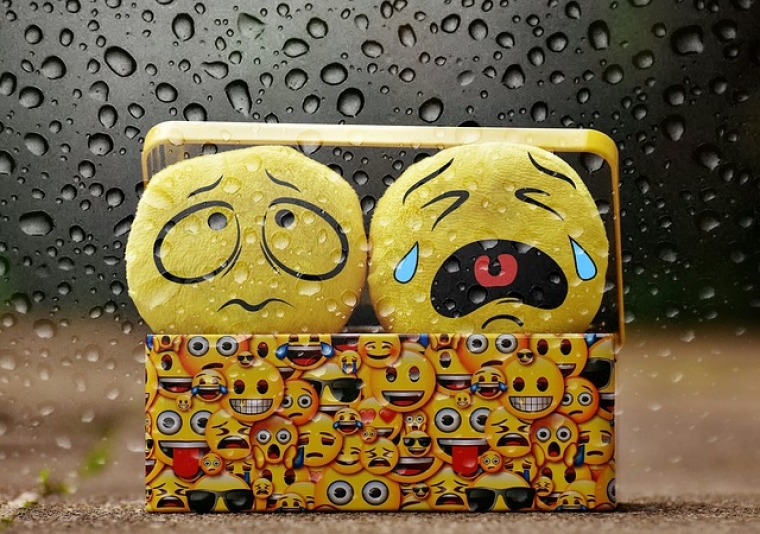“It’s not my job to save people!”
Some personal advice on how to reach others

Published: 19 October 2021 (GMT+10)
Originally published in a CMI newsletter, March 2021
Several months ago, I wrote an article suggesting that the issue-laden year of 2020 could also provide us with good opportunities to present the Gospel, and also presenting how CMI was responding to the challenge. C.N. responded by baring his heart via email:
Admittedly, I am bad at evangelism. A lot of time I just get tired of the fighting against ignorance and hatred of God. Many times, people refuse to listen to logic and reason; just look at the state of the world today with gender, politics etc. So, a lot of times I take the position of why bother. I know it’s wrong, but I hate throwing pearls before swine or disturbing my peace because someone’s ignorance and foolishness is sorely vexing my spirit. These days, I only speak when I genuinely feel the Spirit commanding me to tell the truth and call out the lies being propagated (which admittedly still happens often). Then again, perhaps I am guilty of slight misanthropy. Humanity and even my own flesh sicken me with its sin nature and its reveling in its ungodliness. The love and support for wickedness in the world incenses me to my very core. So, a lot of times I figure, what’s the point in saying anything? I am young and to be honest, I wait earnestly for Christ’s return, as this world is suffocatingly evil and rotten to the core. I yearn for the future God promises of everlasting peace through the Son. If one is hurting and asks for the solution, then I will share gladly.
I would like to flesh out some of the points I made in my response to him.
Creation is a foundation for our existence
At CMI we provide information to help people deal with the skeptical arguments and objections to biblical creation, which is ultimately an attack on whether God exists or not. As you could imagine, as a leading ministry providing information to undermine the dominant worldview of evolution, we get our fair share of hostile opposition, and especially our speakers when on the road. So, it is not like we don’t understand. But notice that when C.N. shares this information, he allowed himself to get frustrated and even dejected. This is a normal human response because we feel that our efforts are being rejected. But is it us personally that is being rejected?
I often have to remind myself of three things:
- It is not me that people are rejecting. Humans’ inbuilt sin nature is simply trying to reinforce their desire that there is no God. A default position from birth!
- It is not my job to save people. We can’t and don’t save anyone. Only Christ can do that.
- We are commanded to be a faithful witness. “always being prepared to make a defense to anyone who asks you for a reason for the hope that is in you; yet do it with gentleness and respect (1 Peter 3:15).
The words “gentleness and respect” are often omitted when citing this passage. The first thing we should remember is that we are to win people over—people that God loves and who Jesus died for. So, it is not about winning the debate or argument. And remember, that when someone trots out the tired, old anti-creationist arguments, they are only doing so because that’s all they’ve heard via their education and the mainstream media. In one sense, it’s not their fault.
So, instead of negatively reacting to opposition, we should see their questions as an opportunity to provide logical information they’ve never heard before. If this information can undermine their own confident belief system, perhaps it will make them more open to receiving the alternative.
Some of you will have heard me mention this before, and I often do so when out on ministry to encourage the take up and sharing of creation resources. But I do so again because when one grasps that it’s not our job to save people, it is incredibly liberating. Once I realized this in my own walk, the transformation from being timid to being confident was immediate. Some tips.
- If people ask questions or challenge me, then I respond and or counter-challenge with answers.
- I don’t allow them to move onto the next question unless they acknowledge the answer—that is, until I can get a response. For example, if you’ve answered an objection, you should remind them that what they believed was therefore wrong.
- Don’t allow questioners to dominate ‘the floor time’. Ask questions back about their views on evolution, for example. You would be surprised how little most know, because as mentioned earlier, they are only trotting out the old ‘garden-variety’ arguments.
“A truthful witness saves lives, but one who breathes out lies is deceitful” (Proverbs 14:25).
But what if they don’t listen?
Again, remember it is not you they are rejecting. I also keep in mind that the majority of people I witness to are unlikely to be saved. “Enter by the narrow gate. For the gate is wide and the way is easy that leads to destruction, and those who enter by it are many. For the gate is narrow and the way is hard that leads to life, and those who find it are few” (Matthew 7:13–14). I keep my expectations limited, after all, this is what Scripture says. Is this a defeatist attitude? Not at all. In all the years of ministry and the literally tens of thousands I’ve spoken to, I’ve often asked, I can honestly say that the number would be fewer than ten people! What this tells us is that our witnessing is like a link in the chain, and this is why God wants us to be a faithful witness despite the seeming objections, because the Holy Spirit could be at work in someone’s life.
But of course, one can only provide answers if one is equipped. Maybe you are simply not confident when talking to others. In which case, be prepared by having some resources on hand like back issues of Creation magazine or our Creation Answers Book. And finally, let’s remember that “God gave us a spirit not of fear but of power and love and self-control” (2 Timothy 1:7). Be encouraged and remember that the harvest is actually plentiful (Matthew (9:37–38).



